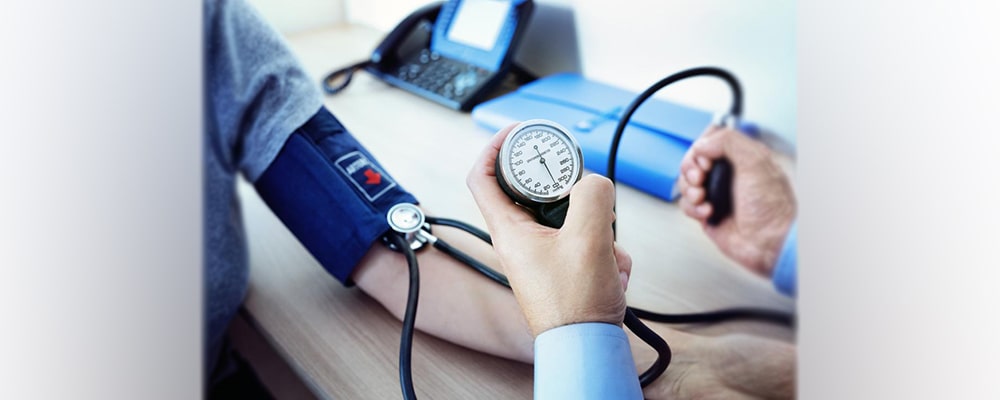
What Is High Blood Pressure?
High blood pressure is the increased pressure from the bloodstream to the wall of the blood vessels. It is sometimes called silent killer, since it often has no symptoms until the end stages.It should be noted that blood pressure naturally rises due to stress and physical activity. But a person with high blood pressure is also at high blood pressure during rest. Improper diets, high fat intake, impotence, and caring life are among the causes of this disease.
What are the symptoms of high blood pressure?
Many people with high blood pressure are unmarked and have no sense of illness, according to the Ministry of Health’s Non-Disease Control Center. 15 percent of the elderly have high blood pressure and they themselves do not know unless the blood pressure suddenly goes up too much. In this way, the only way to detect this condition is to measure it.
What are the reasons for high blood pressure?
Of the ten people with high blood pressure, nine of them, about 90%, are not known to cause high blood pressure. This type of blood pressure is called the primary type of hypertension. In a small number of people with high blood pressure, factors such as narrowing of the renal artery or disruption of the production of hormones secreted from the adrenal glands and kidney tissue diseases contribute to the disease.
When do I go to a doctor for high blood pressure?
Low blood pressure indicates a number of reasons for this condition. If you have any of the following symptoms, see your doctor immediately:
- Blurred vision
- Fatigue
- Nausea
- Confused
- Shortness of breath
How to treat high blood pressure, how and how?
There are a variety of therapies, from lifestyle changes to weight loss and drug therapies. Doctors usually plan for your treatment depending on who you are having high blood pressure.
Changes in diet
Healthy eating is one of the most effective ways to lower blood pressure. It is recommended to eat foods that contain less sodium and sodium, and more potassium. A diet is a method of stopping blood pressure, called DASH. A diet program for lowering blood pressure prescribed by physicians. The diet is focused on foods like fruits, vegetables and whole grains that contain sodium and low cholesterol. The following foods have some of these healthy heart foods:
- Vegetables such as broccoli and carrots
- Fruits like apples, bananas and oranges
- Beans
- Fish rich in omega-3 and beneficial oils
The foods that should be avoided include:
- Foods and drinks that contain high sugar
- Red meat
- Coconut oil
- Avoid alcoholic beverages
Exercise
Another important life style change is to manage high blood pressure, mobility and exercise. Performing aerobic exercise or aerobics, a few days a week for a healthy heart, is very helpful as it improves blood flow. Weight management reduces cholesterol and blood pressure, and the risk of overweight may also decrease.
Reduce stress
Another way to lower blood pressure is to prevent and relieve stress. Stress that increases blood pressure. To do this, you can follow different ways to reduce stress such as exercise, concentration of mind or meditation and music.\
Drug therapy
- Medications
- Adrenaline receptor beta blockers
- Angiotensin converting enzyme inhibitors
- Alpha blockers
- Alpha blockers plus beta
- Adrenaline central inhibitors
How to prevent high blood pressure?
To control your blood pressure, check your weight. Get a diet if you are overweight. Lowering even a kilogram of weight in this area is beneficial. Exercise regularly. 30 minutes of exercise per day is the best way to fight hypertension. Reduce your daily intake of salt (up to a teaspoon). Sodium is in addition to salt in many packaged foods. Read the label carefully for the amount of sodium used in food. If you want to use sodium substitute, be sure to consult your doctor, because some of these are not suitable for everyone.
Use a diet rich in fruits and vegetables and foods containing potassium, such as whole grains and nuts. Potassium prevents high blood pressure. Beans, lentils, peas, juices, fresh fruits, especially apricots, bananas, cherries, cantaloupe, kiwi, mangoes, chalets, Orange, peaches, tomatoes and tangerines contain high potassium. Sesame seeds and green leafy vegetables are low-sodium sources and calcium supplements. Garlic also helps lower blood pressure. Avoid drinking alcohol.
Keep in mind that measuring your blood pressure in your health checkup. Because if the blood pressure is detected early and treatment is timely, its complications are prevented.
If there is a family history of high blood pressure, blood pressure should be monitored at least once a year. If you are pregnant, regularly go to the treatment center for prenatal care, so that your blood pressure is monitored well during your care. If you use estrogen containing contraceptives or are under hormone therapy, check your blood pressure regularly.

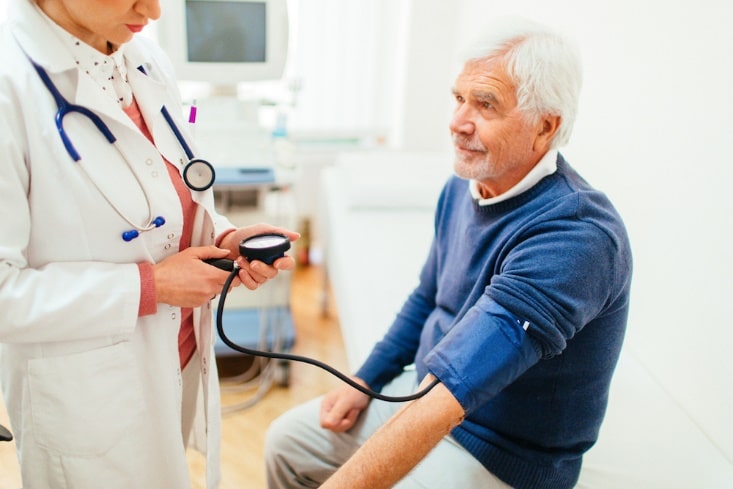
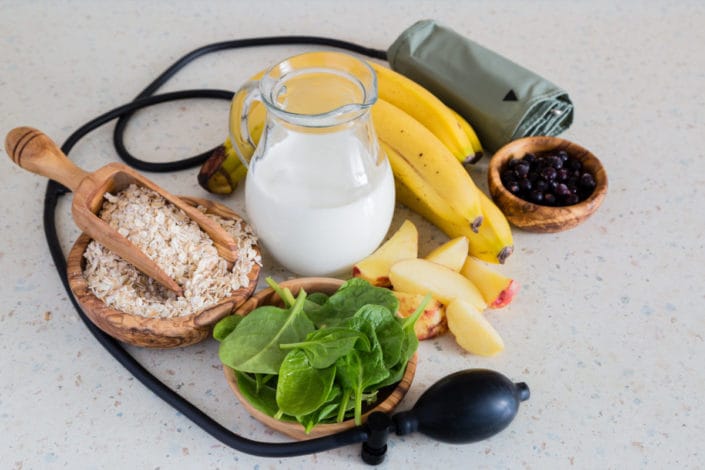
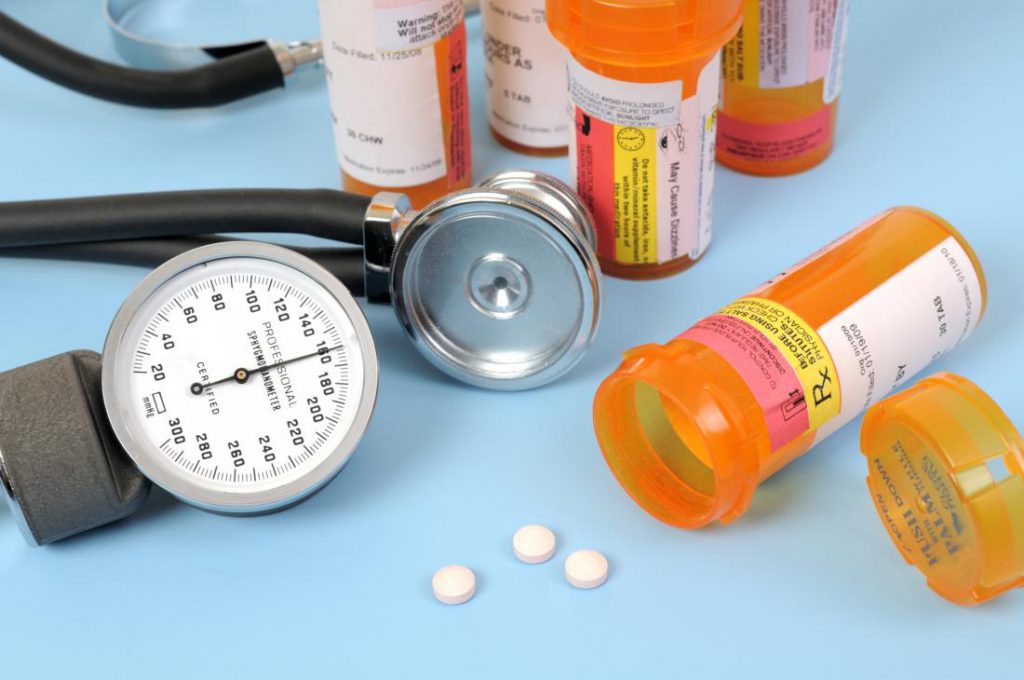
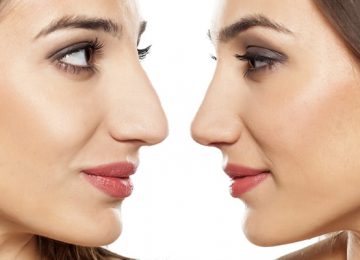
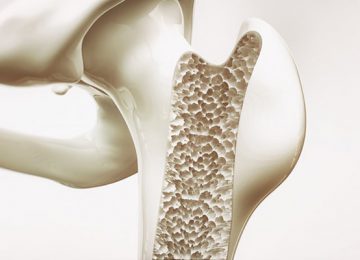

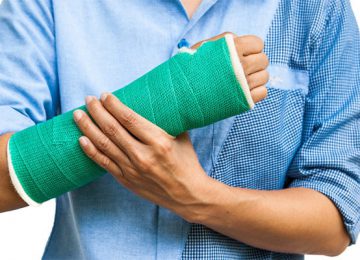
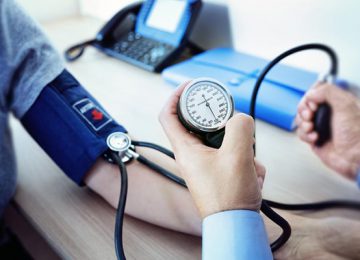
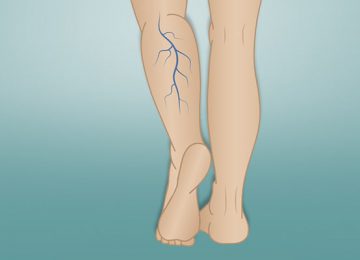



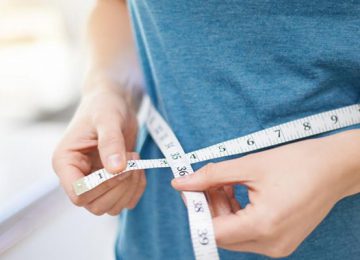
Reviews
Number of pending reviews15253